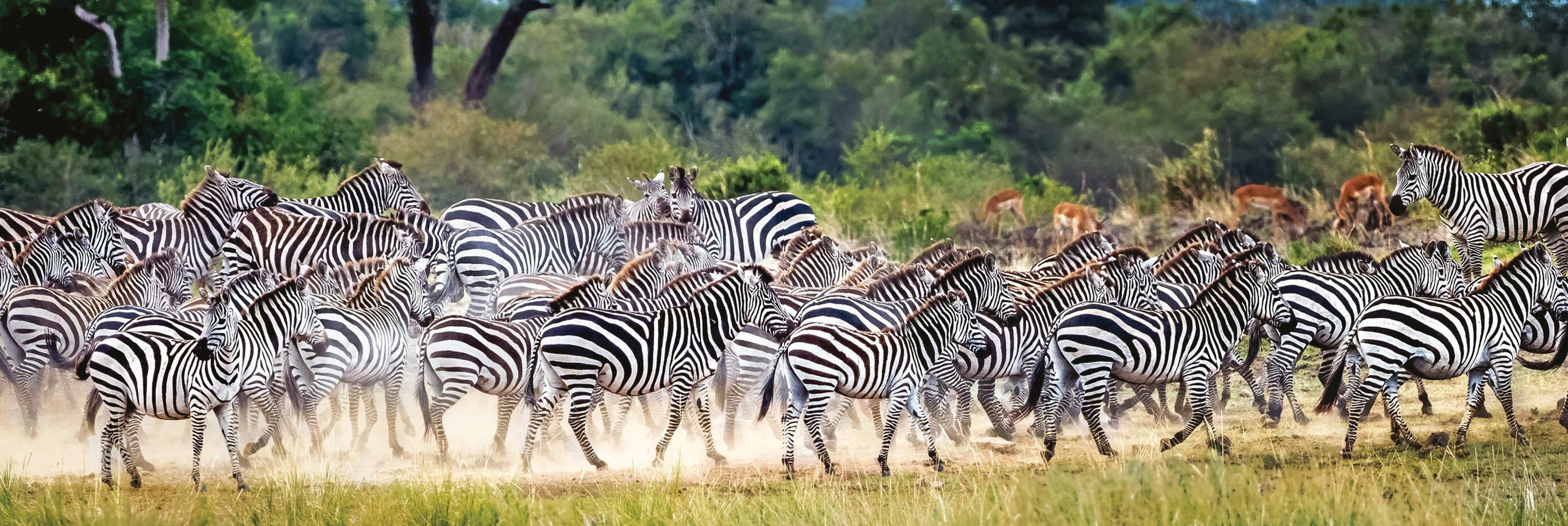
As the seasons are starting to change around the world, the animal kingdom is on the move. Creatures of all shapes and sizes, from humpback whales to butterflies, embark on epic journeys to find food, escape cold weather or find a mate. Animal migration is one of nature’s great wonders, but how do animals know when it’s time to set off on their journey, or where they need to go? Once they’ve worked out their destination, how do they know how to get there? Scientists have been puzzled by these questions for many years.
Embarking on an adventure
Migration is a behavioural pattern where animals travel from one habitat to another in search of something. It happens seasonally, and usually involves a return journey. These journeys can be by land, sea or air. One of the main reasons behind animal migration is the search for food. Animals like gazelles, wildebeests and zebras migrate in huge herds during dry seasons to look for fresh grass to eat and water to drink.
This story is from the Issue 72 edition of The Week Junior Science+Nature UK.
Start your 7-day Magzter GOLD free trial to access thousands of curated premium stories, and 9,000+ magazines and newspapers.
Already a subscriber ? Sign In
This story is from the Issue 72 edition of The Week Junior Science+Nature UK.
Start your 7-day Magzter GOLD free trial to access thousands of curated premium stories, and 9,000+ magazines and newspapers.
Already a subscriber? Sign In

Are cats smarter than dogs?
They're the UK's top pets, but which is more intelligent? You decide!

Could people turn Mars into another Earth?
Sven Bilén explores how humans might make a home on another world.

FUNNY BY NATURE
Claire Karwowski tracks down the wackiest wildlife that's cracking up the animal kingdom.

WEIRD SCIENCE
A round-up of the strangest science stories from around the world.

Guardians of the forest
Meet the incredible people protecting the Amazon rainforest.

The Mariana Trench
Dive in to find out how far down the ocean goes and what it's really like at the bottom.

Megan McCubbin
Meet the zoologist trying to change people's views of animals with a bad rep.

MAX POWER
From the second you wake up in the morning, your way of life is made possible thanks to the amazing power of electricity.

Your heart has a "brain"
New research by scientists at Sweden, and Columbia University, in the US, suggests that your heart could have its own \"mini brain\".

Ethiopian wolves could be furry pollinators
Sweet-toothed Ethiopian wolves have been seen lapping up nectar have been seen happing up nectar from red hot poker flowers.